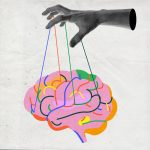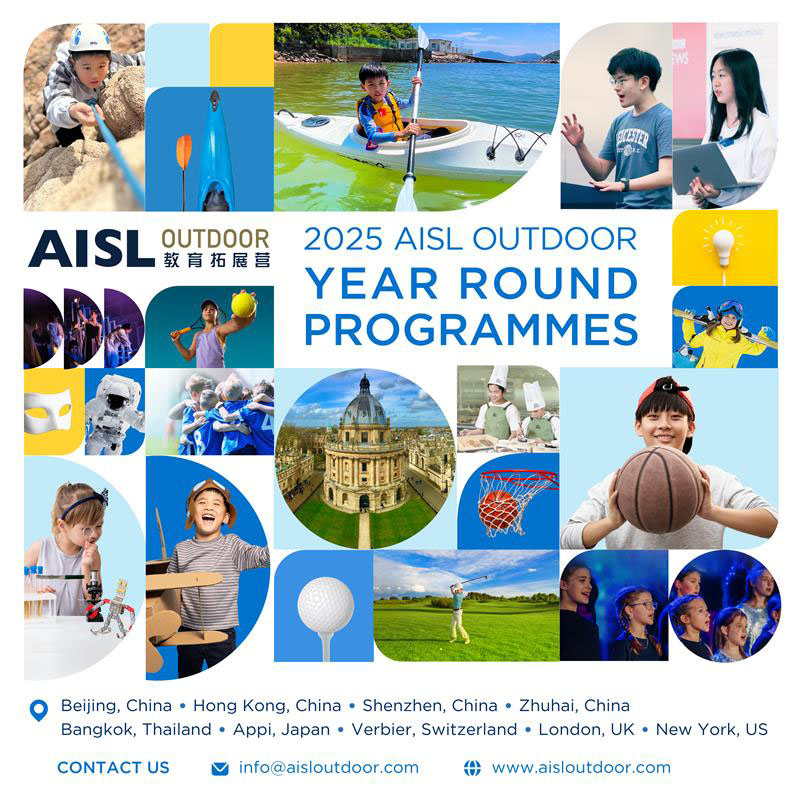Soft skills are personal attributes that are important in both personal and professional contexts. Soft skills are personal attributes that are important in both personal and professional contexts. While some of these skills may come more naturally to some, they can all be developed and strengthened through practice and experience. According to a study by the National Center for Education Statistics, students who participate in extracurricular activities have higher grade point averages than students who do not participate in such activities.
Soft skills that everyone needs:
- Leadership: Leadership involves the ability to inspire and motivate others towards a common goal. It requires the ability to communicate effectively, delegate tasks, provide feedback and support, and make decisions with integrity.
- Problem-Solving: Problem-solving involves the ability to identify and analyze problems, and to develop and implement effective solutions. It requires the ability to think creatively, consider multiple perspectives, and evaluate the pros and cons of different options.
- Interpersonal Skills: Interpersonal skills involve the ability to interact effectively with others, and to build and maintain positive relationships. This includes the ability to listen actively, show empathy and understanding, and communicate clearly and respectfully.
- Conflict Resolution: Conflict resolution involves the ability to identify and address conflicts in a constructive and respectful manner. It requires the ability to listen actively, understand different perspectives, and find mutually acceptable solutions.
- Networking: Networking involves the ability to build and maintain professional relationships that can be valuable for career development and growth. It requires the ability to communicate effectively, show interest and curiosity, and follow up on opportunities and connections.
- Emotional Regulation: Emotional regulation involves the ability to manage one’s own emotions in a healthy and constructive way. It requires the ability to recognize and understand one’s own emotions, regulate and express them appropriately, and cope with stress and adversity.
- Cultural Competence: Cultural competence involves the ability to understand and respect diverse cultures and perspectives. It requires the ability to communicate effectively with people from different backgrounds, appreciate and value diversity, and adapt to different cultural norms and expectations.
Overall, developing these soft skills can help individuals to succeed in both personal and professional contexts. While some of these skills may come more naturally to some people than others, they can all be developed and strengthened through practice and experience.









